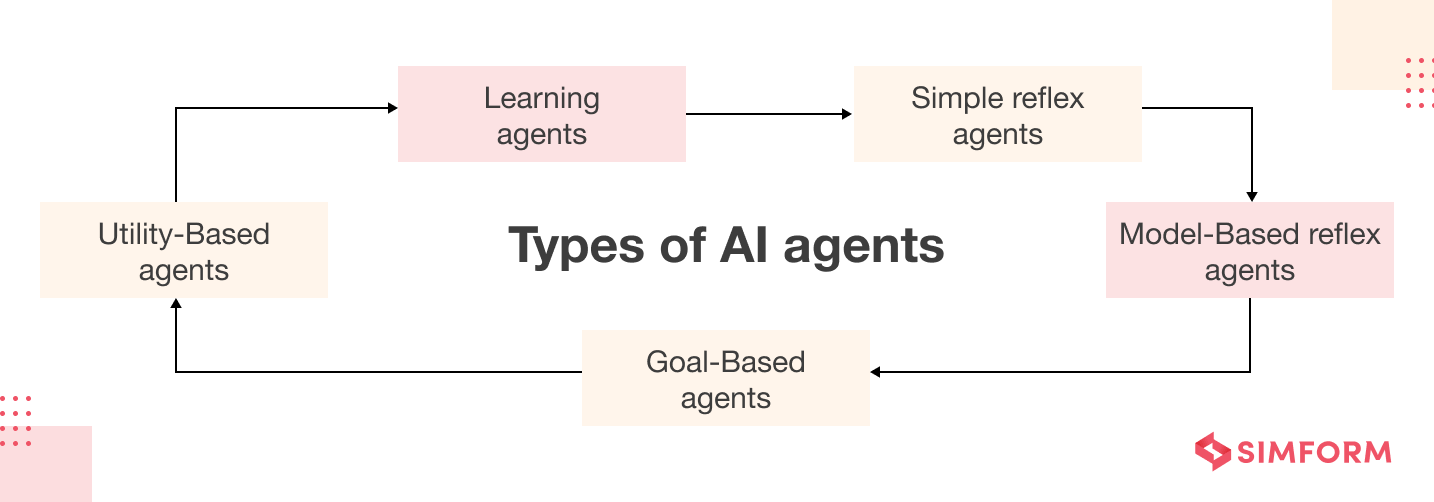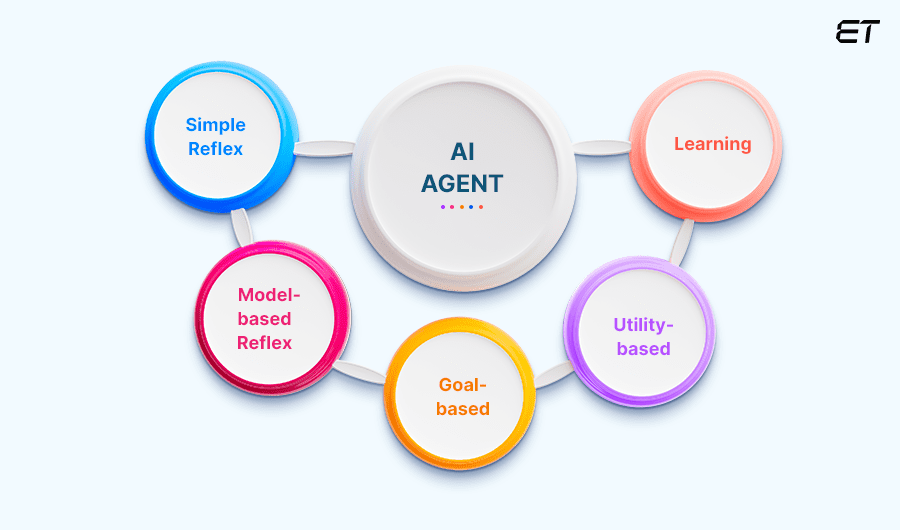Good Methods To Picking An AI Agent Site For Business
Good Methods To Picking An AI Agent Site For Business
Blog Article
Ai Agents Can Be Used To Streamline Financial Billing Procedures.
There are 10 ways businesses can enhance their billing automation using AI agents.
1. Automated invoice generation
AI agents can create invoices through:
Information extracted from contracts, orders for purchases, or sales transactions.
Generating accurate, itemized invoices with a minimum of manual effort.
2. Dynamic Pricing and Adjustments
AI enables flexible billing models by:
Automated pricing structures based on subscriptions, usage and tiered pricing.
Dynamically applying discount, promotions, or adjustment based established rules.
3. Multi-Currency Global Tax Compliance
AI makes international bill simpler by:
Automatically converting currencies on the basis of real-time exchange rates.
Making tax calculations and ensuring that the tax is in line with local regulations.
4. Recurring Billing Automation
AI handles subscriptions by:
Automate the billing process for the weekly, monthly and annual plans, and annual plans.
Reminders or confirmations are sent to customers before the bill date.
5. Real-Time Billing Validation
AI ensures accurate billing by:
Verify that the data is accurate by looking for mistakes like duplicate entries, incorrect amounts and charges that are not present.
Reviewing anomalies to flag before invoices are sent to customers.
6. Paying Faster
AI can help speed up the payment process in:
Integration directly into payment gateways permits transactions to be processed quickly.
Payment receipts and confirmations are automatically sent to the customer. are sent to the customer.
7. Risk Mitigation, Fraud Detection
AI safeguards the billing process by:
Examine for suspicious patterns in billing data, such as excessive amounts or unauthorised modifications.
Selecting high-risk transactions and requesting more investigation.
8. Integrate seamlessly with ERP and CRM systems.
AI ensures smooth data flow by:
Connecting billing operations to ERP Accounting, CRM, and ERP platforms.
To maintain consistency across systems, it is necessary to the synchronization of data in real-time.
9. Proactive Billing Issue Resolution
AI enhances customer experience by:
Automatically recognizing common billing problems like incorrect charges and missed payments.
Notifying customers about any adjustments or controversies.
10. Advanced Reporting Analytics
AI provides insights that can be used to improve the process of making decisions.
The reports are detailed and can be generated on revenue performance, billing cycle efficiency, as well as outstanding balances.
Predictive analytics that allow you to anticipate trends and maximize your cash flow.
Companies can increase customer satisfaction, reduce costs, and increase efficiency through automating and improving the billing process with AI agents. Check out the best AI agent for Dunning Management for blog info including AI agent for trAIning documentation, AI agent for billing quality control, AI agent for risk management, AI agent for learning and development, AI agent for self-service portal management, AI agent for liquidity planning, AI agent for hipaa compliance monitoring, AI agent for customer experience management, AI agent for supplier risk management, AI agent for license management and more.
Ai Agents Are A Great Method To Integrate Seamlessly With Existing Systems.
There are ten ways companies can incorporate AI agents into their current financial systems.
1. Automated Synchronization of Data across Systems
AI agents can be utilized to ensure smooth data flows by:
Data Synchronization between ERP, CRM and accounting systems.
Eliminating manual data entry and ensuring consistency on all platforms.
2. Real-Time Transaction Processor
AI agents are able to provide real-time data processing
Integrating banks, payment gateways and financial platforms to instantly process transactions.
Make financial records up-to-date instantly across multiple platforms, ensuring they are always current.
3. Cross-System Reconciliation
AI agents can assist in reconciling financial data across different systems by:
Automatically matching transactions from accounting, ERP systems and payment platforms.
Automatically identifying discrepancies and repairing the underlying issues.
4. Unified Reporting and Dashboards
AI agents produce a unified report using:
All financial data can be combined into a single dashboard.
Financial metrics that are accurate, real-time and information for making decisions.
5. Seamless Integration of APIs
AI is able to integrate into existing systems by using APIs.
APIs are used to connect AI agents to software tools.
AI agents are able to effortlessly move, retrieve, and process data.
6. Workflow automation between platforms
AI agents can automatize workflows:
Automate processes, such as invoice generation, payment approvals and system integration.
Eliminating the requirement to use manual intervention, enhancing efficiency and accuracy in financial processes.
7. Intelligent Document Management
AI can handle document across multiple systems
Utilizing Optical Character Recognition, Natural Language Processing, and other tools to extract data, categorize and analyze data from invoices.
Data can be uploaded automatically to various systems (e.g. document management, accounting software) to be stored.
8. AI-Driven Customer Relationship Management
AI is able to be integrated into CRM systems:
To provide customized financial services or advice, financial systems can be utilized to study customer data.
AI will automatically keep track of your customers' records by adding payment information, transaction history and other insights.
9. Fraud Detection Across Financial Systems
AI enhances fraud detection by:
Monitoring the continuous flow of transactions across various financial platforms to detect irregularities.
Informing stakeholders of possible fraud across all systems.
10. Integration of Predictive Analytics
AI integration into financial forecasting tool by:
Examining the data of sales, accounting, and payment systems in order to forecast the flow of cash, revenues and expenditures.
To improve the accuracy of forecasting, add the data you have collected into your financial planning software.
Businesses can boost efficiency and accuracy by the integration of AI agents into their current finance systems. They can also simplify workflows and make better data-driven decisions. View the top rated AI agent for Treasury Operations for site tips including AI agent for product review requests, AI agent for supplier consolidation, AI agent for vendor performance, AI agent for legal, AI agent for resume parsing, AI agent for customer credit monitoring, AI agent for password expiry notifications, AI agent for billing, AI agent for network monitoring, AI agent for expense management and more.
Ai Agents Are Able To Help Companies Comply With Regulations And Compliance.
Here are ten ways AI agents will help your company comply with rules and regulations that govern the financial activities.
1. Automating the Reporting of Regulatory Information
AI agents are able to streamline reporting:
Automatically produce compliance reports as required by regulatory agencies.
If you submit all documents in time, you minimize the chance of incurring fines in the event of late submission or are not in compliance.
2. Real-Time Monitoring of Transactions
AI helps enforce anti-money laundry (AML) as well as Know Your Customer (KYC) as well as other regulations.
Continuously monitor transactions with financial institutions in order to detect suspicious activity.
Flagging transactions with unusual or large payments or transactions that need additional scrutiny.
3. Automated audits and data validation
AI agents help audits.
Automated checks ensure that financial records and transactions conform to internal policies and external regulations.
Validating the accuracy and completeness of financial data and alerting for discrepancies or errors that could result in compliance issues.
4. Monitoring data Security and Privacy
AI can help meet data protection regulations (e.g., GDPR) by:
Encrypt sensitive customer data as well as transactional data to ensure secure storage and transfer.
Automatically manage consent preferences to ensure customers' personal information is only used in compliance of the law.
5. AI Fraud Detection
AI assists in preventing fraud:
Monitoring the patterns of transactions for irregularities or fraudulent activities which could be in violation of financial rules.
Machine learning algorithms can be utilized to predict and identify fraud risks. This can help to reduce any possible violations of the legal or financial rules.
6. Changes in Regulation Detection
AI keeps businesses current by:
Monitoring changes to relevant financial regulations, including taxes, reporting requirements as well as industry standards.
Update your internal systems to keep up with the regulatory changes.
7. KYC (Know Your Customer) AML Compliance
AI aids in compliance through:
Automating customer identification and verification process to ensure that companies adhere KYC requirements.
When you compare customer behavior with risk profiles, you can identify the possibility of money laundering.
8. Risk Management and Evaluation
AI improves compliance through:
Continuously assessing and forecasting compliance risks based on past data, financial transactions, and other external factors.
Recommending actions to reduce identified risks and ensure compliance with regulatory frameworks.
9. Document and Contract analysis
AI increases compliance by enhancing compliance in the following ways:
Utilize natural language processing (NLP) to examine legal documents like contracts, agreements and other documents to determine if they comply with regulations.
Automatically flagging any clauses or terms that may be in conflict with the law to assist businesses keep from violating.
10. Tax Compliance Automation
AI reduces tax compliance:
Automating the calculation and filing of taxes making sure that companies comply with the tax laws and deadlines.
Analyzing transactional data to identify possible tax benefits, such as exemptions, deductions and exemptions.
Through the use of AI agents to assist in these areas, organizations can ensure strict compliance with regulations, reduce the risk of errors or omissions, and remain ahead of regulatory changes. AI's capability to automate, monitor, and adapt to evolving requirements makes it an invaluable instrument to ensure compliance with regulatory requirements for financial operations. View the best AI agent for Social Media Trend Monitoring for blog tips including AI agent for payroll management, AI agent for customer account management, AI agent for contract management, AI agent for customer management, AI agent for product launch planning, AI agent for tax management, AI agent for learning and development, AI agent for budgeting, AI agent for risk assessment and mitigation, AI agent for emAIl acknowledgment and more.